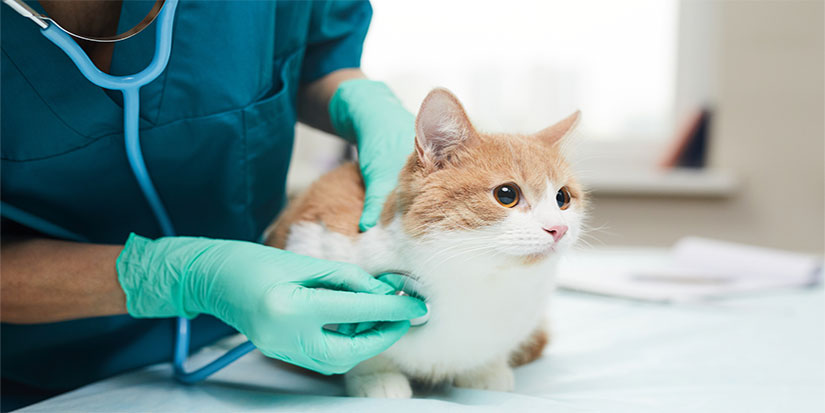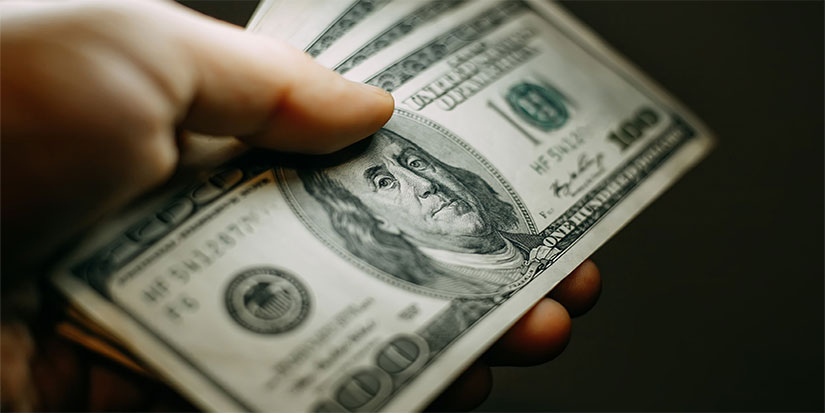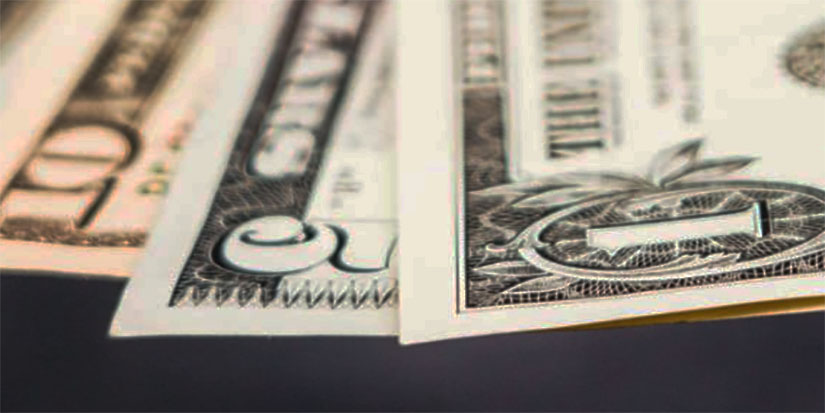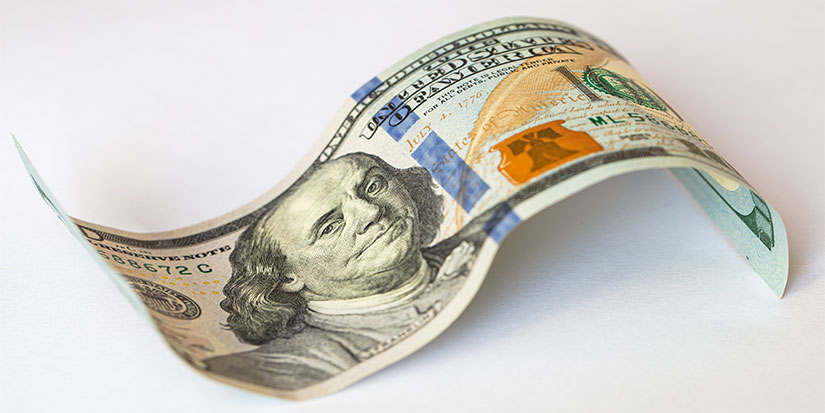
The Coffee Debate: Urine for a Big Surprise
Common financial advice from Suze Orman and other “experts,” like avoiding daily coffee, is wrong. Focus on big financial decisions, not the little things that just don’t matter.

Life Is Too Short to Stay in Cheap Hotels
I was in Boston last week, and usually I stay in the Seaport—the high-rent district.

Personal Finance and Pets
You know my personal finance shtick: There are little things, and there are big things. Pets are both little things and big things.

The Urge to Splurge
The purpose of money is enjoyment. If you do all the basic things right, then you can splurge on yourself sometimes.

I Spent $16 on Saturday
I had trouble sleeping Friday night (I was obsessing about my book), and I woke up at 3 am. I don’t usually eat breakfast, but by 9 am, I was starving. I drove to Dunkin’ Donuts, got a sausage, egg, and cheese on an English muffin, and paid with a gift card that I got for Christmas. Cost: $0.
For lunch, my wife and I went out to the local pub and got a salad and something called the Plowman’s Platter for $38. But we had a $25 gift card, so the cost was $13, including tip.
For dinner, I had a can of corned beef hash and two eggs, and my wife had leftovers. Cost: $3.
I spent $16 on Saturday.
You ever think about how much money you spend on an average day? Food, gas, bills, lottery tickets, booze, subscriptions, and miscellaneous other crap. I figure on an average day, I spend about $100, not counting property taxes and insurance and stuff like that.
But here’s the thing: I don’t really think about it. What do I think about? I think about the giant construction loan I took out on my house. I think of the fairly large trades I have in my brokerage account. I think of the price that we are going to sell our house for.
I mean, the commission on one of my futures contracts is $15, about equal to what I spent on Saturday. So, I don’t spend any time at all thinking about a $4 sausage, egg, and cheese.
The Small Things Don’t Matter
My guess is that you’re in a similar situation. Have you ever thought about the absurdity of getting cheap on a tip when your retirement funds are moving around by $5,000 a day? You might say that one small thing doesn’t matter, but the accumulation of small things does. That’s not true either. A $4 sausage, egg, and cheese eaten 365 days a year is about $1,500 a year—still far less than your brokerage account moves in a day. If you’re hungry, eat the sausage, egg, and cheese.
You’ve probably heard the phrase “penny wise, pound foolish.” People freak out about small expenses and have no concern whatsoever about big expenses. They’ll buy old meat but will think nothing of sending off monster checks to cover credit card bills, mortgages, and car loans.
Don’t you think that’s weird? I think it’s weird.
I have opinions about this, generally. Like, I have met people professionally who are focused on the wrong things. They are focused on insignificant things, like name tags, while losing track of the mission of the organization.
Say what you will about Wall Street people—they are generally focused on the right things. They won’t spend hours coloring cells on a spreadsheet. If it works, it works. It’s all about making money. Finance people are good at keeping the big picture in mind. But when you venture into academia and a lot of places in the corporate world (like HR), they are focused on stuff that just doesn’t matter.
The same is true for your finances. Some people will go out for a nice meal and feel a pang of guilt when they pay the bill. Gee whiz—it’s $80. You’re paying $400 a month in credit card interest, and you keep sending in those minimum payments.
I’ve found that most problems in personal finance come from people focusing on the small things, not the big things. The small things don’t matter. I repeat: The small things don’t matter. The big things matter.
I mean, I am pretty happy that I spent $16 in one day, but it just does not matter.
Focus on the Big Things
Focus on the big things, and you’ll have no worries.
You should not feel any emotion whatsoever when you get gas. You should not feel any emotion whatsoever when you go grocery shopping, no matter how bad food inflation is. You should not feel any emotions about any of these things.
Buying a house? You should feel some emotions. Trading stocks? You should feel some emotions.
If you’re not worrying about money, you’re free to worry about other things. My cat Uma passed away in December. It was horrible. Imagine if I was worrying about money on top of that. Financial stress compounds other kinds of stress.
You can experience a stress-free financial life by getting the big things right. You’ll never have to worry about the little things—ever again.
If you haven’t gotten my book No Worries by now, you’re crazier than an outhouse rat. Go look at the reviews on Amazon. Yes, they’re that good, and they’re not rigged. Reading a book is climbing a wall of indifference. You really have to be motivated. Let me provide you with some motivation—it will change your life for the better.
Buy it here:

Jared Dillian, MFA
|
